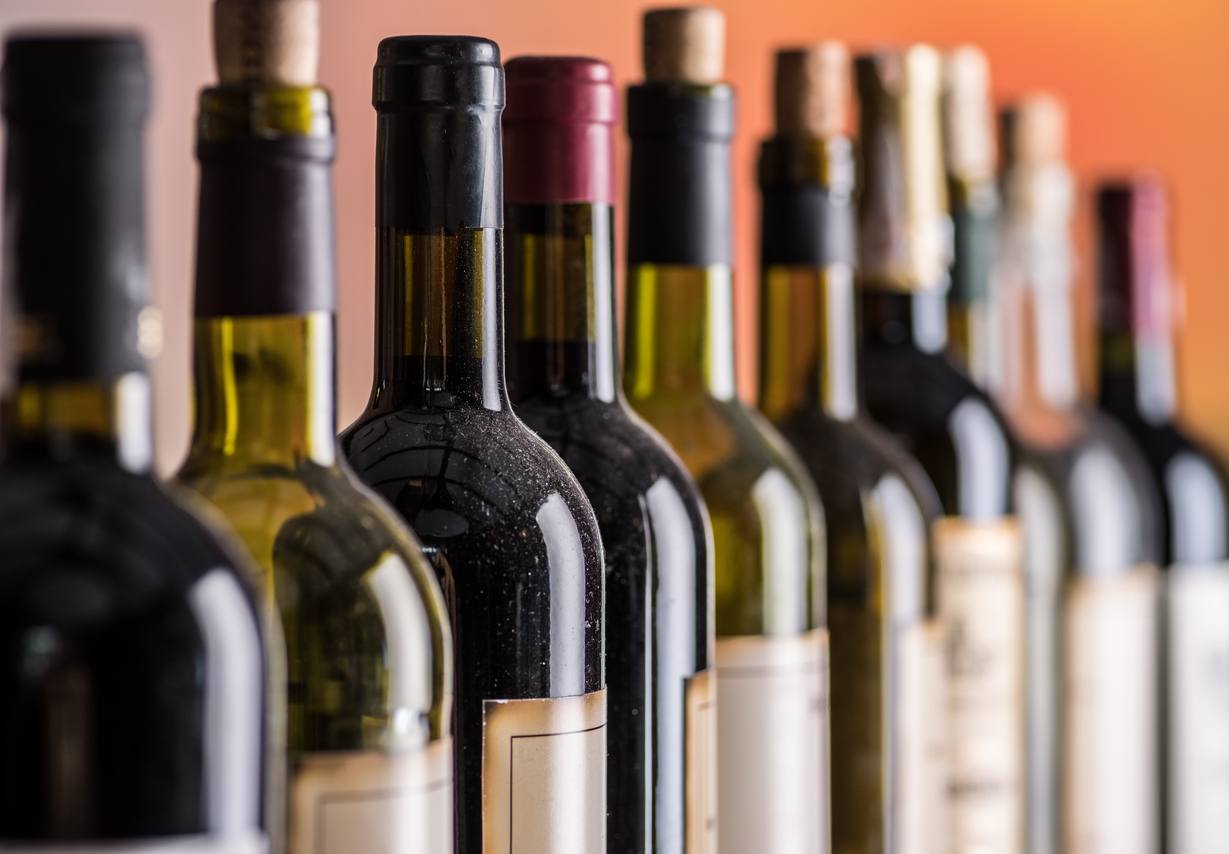It’s the classic tale: you go out for a good time, one thing leads to another, and BAM. You wake up the next morning feeling like your muscles are jelly, your head is pounding and full of cotton, and your stomach is playing host to some enthusiastic gymnasts.
The dreaded hangover.
Even if you seldom drink or are always careful to drink in moderation, you can still fall prey to a hangover. Now, the most obvious way to treat a hangover is by simply not drinking too much in the first place; simple, right? Unfortunately, defining what “too much” is can be difficult – hangovers have never been firmly pinned down to one root cause, and whether or not a person will develop a hangover after drinking seems to depend on a myriad of factors. A person’s height and weight, their health, their level of hydration, and whether or not they have eaten that day can all affect the way their body processes alcohol; in addition, there is some evidence that hangovers may be symptoms of alcohol withdrawal, which would explain their ability to make anyone feel like absolute garbage regardless of how much alcohol was actually consumed. The point is, we’re not wizards and neither are you, and at the end of the day, the best way to cure a hangover is to just not drink in the first place. That being said, let’s face it: people have been getting drunk since time immemorial and will likely to continue getting drunk well into the future. Thus, the hangover cure.
A quick disclaimer: since no one really knows precisely what causes a hangover, it’s pretty much impossible to actually “cure” a hangover. Instead, these methods will help with the various symptoms of a hangover and will hopefully allow you to feel like a functional human instead of a hot pile of wet socks; however, most will require a certain amount of planning and preparation, including some things that have to happen while you’re still drinking, not after. The one thing we know absolutely for certain is that the old “hair of the dog that bit you” is NOT the ticket. Not only can drinking alcohol to get rid of a hangover make your hangover worse by increasing inflammation and stress, it’s also a well-recognized sign of potential alcohol dependence and can indicate a possible alcohol-use disorder. Most doctors will recommend at least 48 hours in between sessions of heavy drinking to give your body a chance to repair itself and allow your liver to process the alcohol and its byproducts. But we’ll hop off our soapbox now, back to the hangover cures.
1. Drink lots of water.
This is at the top of our list simply because it’s arguably the easiest and most effective way of treating and/or preventing a hangover. As we mentioned before, alcohol causes you to urinate more frequently, which can often lead to mild or even severe dehydration. Dehydration results in many of the symptoms we associate with a bad hangover – fatigue, dizziness, and confusion are all classic elements of a hangover that can be traced back to dehydration. Increasing your consumption of water when you already have a hangover will certainly help, but surprisingly, water can actually be somewhat harsh on an empty or sensitive stomach. Drink water in slow sips to rehydrate at a pace that won’t upset your stomach, then continue to drink water for the rest of the day, about 8 glasses worth. Better yet, drink a glass of water for every drink you have while you’re still actively consuming alcohol. While it may cause you to run to the bathroom more often than you’d like, staying hydrated by replacing the fluids lost while drinking may stop your hangover before it even starts.
2. Replace lost electrolytes.
This goes hand-in-hand with drinking water. When we lose fluids the way we do when we drink, we also wind up flushing our body of a lot of the vital salts and minerals it needs to function properly. Electrolytes conduct electrical currents (hence the name) and are responsible for the transmission of signals from our nervous system to the rest of our organs; in this way, electrolytes form a part of almost every major function in our body, from cell formation and tissue regeneration to blood pressure and blood acidity regulation. Electrolyte depletion, in turn, can lead to muscle cramps, weakness, changes in blood pressure, exhaustion, and confusion, among others. It’s not enough to just replenish your fluids after a night of heavy drinking, you need to replenish your salts as well.
Lots of sports drinks have been formulated to replace the electrolytes lost naturally during heavy physical activity, but many are also loaded with sugar. If sports drinks are your only option, cut the sugary sweetness with water; if you can, opt for something like Pedialyte, which contains all your necessary electrolytes and only a small amount of added sugar. Electrolytes are also naturally present in fruits, vegetables, and herbs, so you may be able to skip the sports drinks altogether. Low-sugar juices, teas, and even pickle juice make great, all-natural electrolyte replacers.
3. Take an herbal supplement.
Humans have been using herbal medicine for thousands of years, so it’s no wonder that there are lots of herbs with supposed hangover-curing benefits. Ginger is well-known for its ability to treat nausea and indigestion, making it a great supplement to take when hungover. Certain varieties of ginseng have also been shown to reduce blood alcohol levels in some cases, which may help with processing remaining alcohol in the body and alleviating hangover symptoms. Borage is often found in lotions and creams meant for very dry skin, but the oil is also helpful for promoting the internal healing of the body as well as soothing digestive complaints.
The heaviest hitter is the most recent addition to the list: prickly pear. Yes, we do mean the cactus, or rather the fruit of the prickly pear cactus. In a study conducted by the Tulane Health Sciences Center, adults who had taken a dose of prickly pear extract before they started drinking showed significantly reduced hangover symptoms the following day. Scientists also found lower levels of certain proteins produced by the liver and linked to inflammation, which they believe to be the reason behind prickly pear’s impressive hangover-fighting prowess.
4. Eat a large breakfast.
One of the classic hangover cures that really seems to work is a big, greasy breakfast. Now, for those of us who tend towards the nauseous end of the hangover spectrum, the idea of chowing down on heavy, deep-fried foodstuffs right after a night of binge drinking may make you go a little green around the gills, but there’s actually some solid science behind it. Certain foods like eggs and even bacon contain the chemical cysteine, an amino acid that helps support healthy brain, liver, lung, and kidney function and is often used to treat acetaminophen poisoning. It does this by binding acetaminophen molecules into a form that can be harmlessly processed by the liver, which may be why foods that contain it are associated with curing a hangover.
Additionally, a full breakfast helps to combat low blood sugar levels which are thought to be a contributing factor to a hangover. To get some food in your system without making yourself sick, a piece of toast with some jelly is a great way to jumpstart your metabolism without overwhelming a queasy stomach. A big meal may actually be best for starting the evening, as it will prevent your body from absorbing as much alcohol as it would when your stomach is empty. Less alcohol in your system means fewer nasty compounds and disruptions to your body’s Ph balance, and ideally, less of a hangover.
5. Load up on caffeine.
Last but certainly not least, we have yet another classic of hangover remedies: a big ol’ cup of caffeine. In spite of its tendency to cause people to pass out (often to hilarious effect), alcohol is actually pretty disruptive to our sleep cycle. When you go to sleep, the energy waves produced by your brain slow and elongate into what is known as “delta waves”. Alcohol can disrupt your brain’s ability to enter this state, preventing you from sleeping as deeply or as restfully as you need to get the most from a night of sleep. Specifically, it prevents your brain from going through a complete REM cycle, which in turn can lead to grogginess and exhaustion or even sleep walking. Additionally, alcohol causes your body to produce an excess of the chemical adenosine, the chemical which triggers sleep in your brain. While this may make a cocktail a great way to fall asleep, staying asleep in another matter entirely; when that rush of sleep-juice wears off, it is unlikely that you’ll be able to stay asleep.
While caffeine won’t cure a hangover, it will certainly help you to feel more alert and well-rested. Caffeine triggers the release of norepinephrine and epinephrine, both of which enhance your senses and reaction time. This reaction also promotes the flow of oxygen to the brain and other organs, which may help with certain hangover symptoms like headache. Unfortunately, caffeine also comes with some downsides. It’s a diuretic, meaning it won’t help with dehydration, and it may make you more sensitive to outside stimuli like light and sound. Too much caffeine can also cause heart palpitations, which are Not Fun when you’re already suffering from a hangover.
In conclusion, there may be no surefire way of curing a hangover – other than not drinking, of course – but there are certainly ways you can minimize the effects. Often times, it takes some combination of these and maybe your own, personal remedies to get you back to fighting fit. Nevertheless, know that no matter how hard you party it up this holiday season, Oliver’s has your back with everything you need to cure an unexpected case of wine flu!


No comments yet. Add the first comment